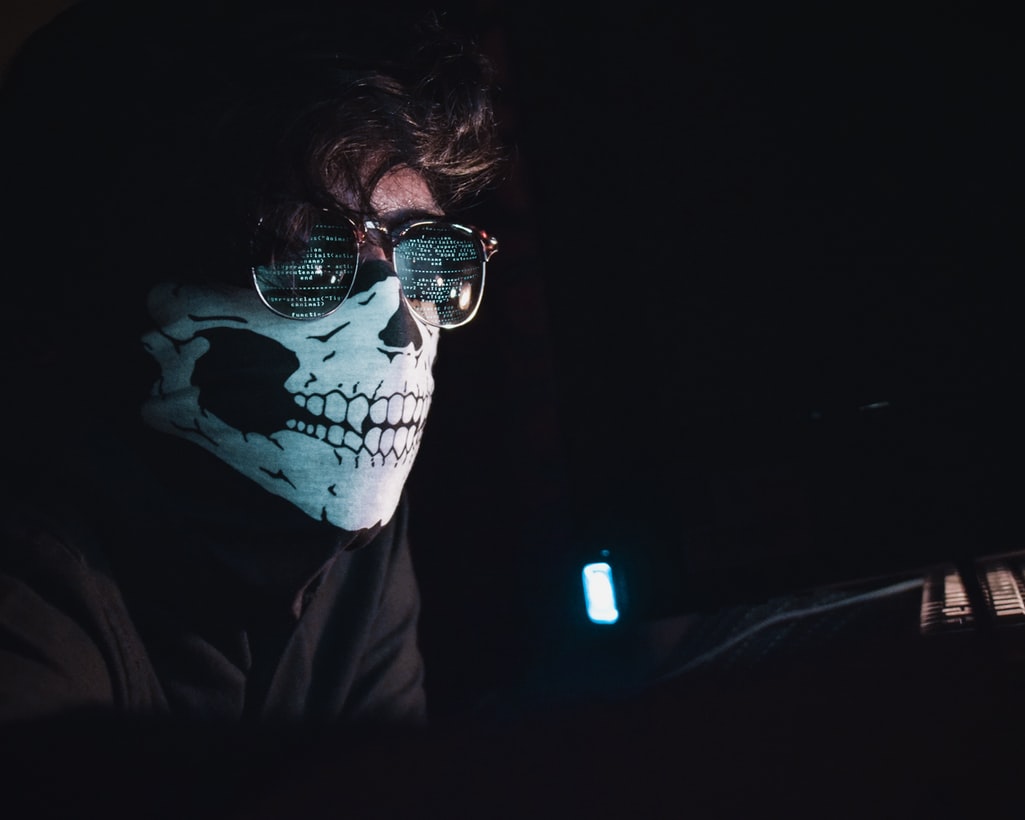The Fundamentals: You Can't Go Wrong with a Few Good Oldies
People doing the basics is the final piece of the jigsaw. Use a cheat sheet of simple things that both your colleagues and you, as an organization, can do once you've gotten buy-in for developing a cybersecurity culture. To get you started, here's a list: Suspicious websites should be avoided. Keep a watch on the data flow. Make sure you have a backup. Do not use networks that you are unfamiliar with or do not own. Keep your devices up to date. Even on a personal level, make a schedule to accomplish this. Know how to make the most of the tools at your disposal.
In order to prepare students for careers in computer security, the CIAC works with faculty and staff across campus. A wide range of educational and professional experiences go into becoming a cybersecurity expert. Students learn about network and data security from a systems-level perspective through CIAC. A wide range of topics is covered, including technology, business operations, policy, communication and psychology - all of which are integrated into the curriculum. The University of Washington conducts research with partner universities and across disciplines to build an interdisciplinary knowledge network. Students might cooperate with renowned researchers or do their own independent research projects.
The National Security Agency has designated CIAC as a Center for Academic Excellence in Cyber Defense Research and Education. The University of Washington is pleased to announce the possibility of a second round of Cyber Security Scholarships for two Master's degree programs at the University of Washington in conjunction with the Private Public Partnership Initiative (P3i), the National Security Agency, and the US Military's National Guard and Reserve components.



